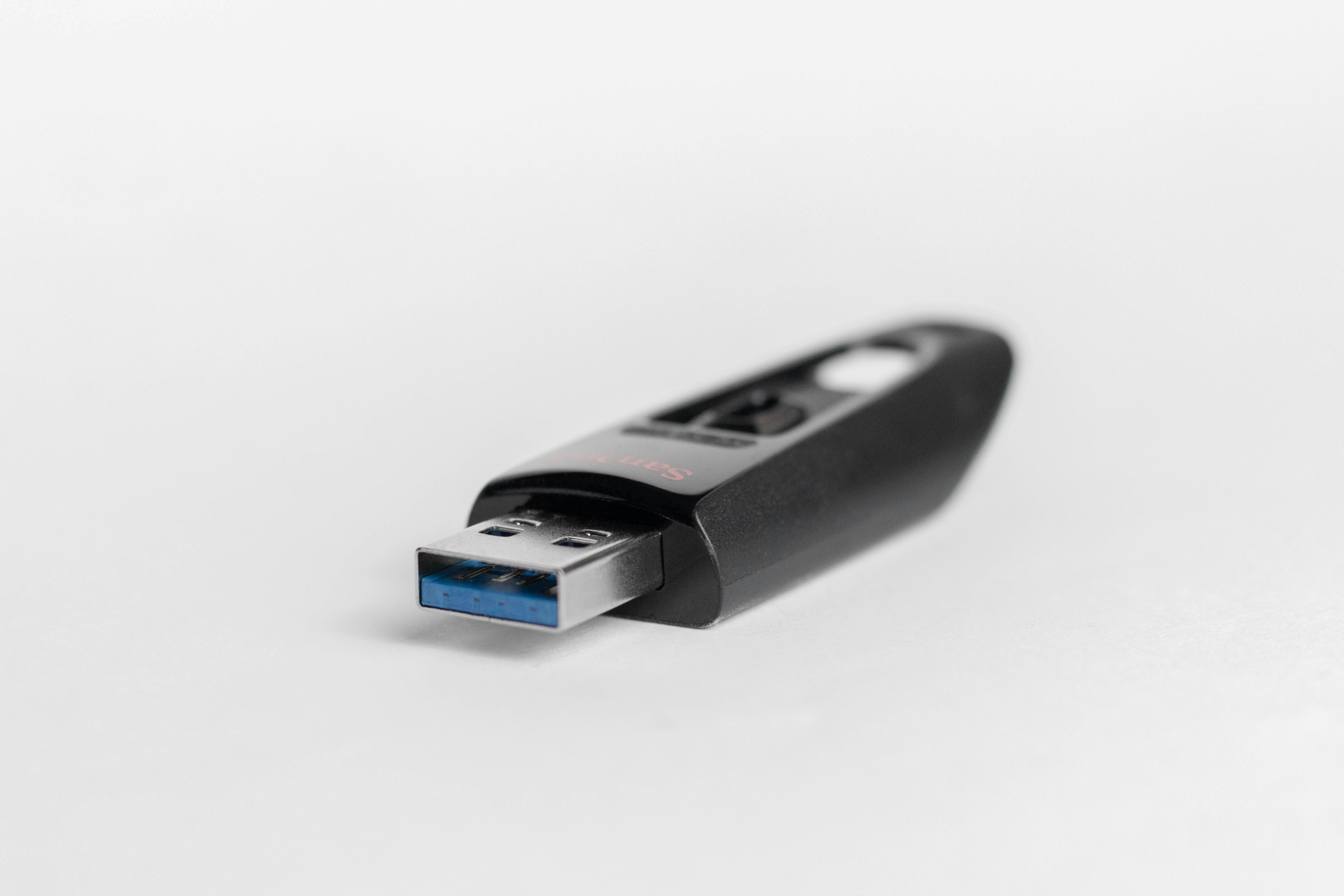You got to be kidding me!!!
Stuxnet took down Iran’s nuclear program. Why? Because someone found a thumb drive on the ground and plugged it into a computer on their network. Whether that person was clueless about security or intentionally trying to bring the program to a halt, the result was the same: the nuclear program came to a stop. At the time, cybersecurity training might not have been a major priority. But they learned from the incident, and now they train their people to do better.
Years ago, I learned that plugging your phone into a USB port in a rental car could save your contacts to the car’s system. I also learned that a hacker could load malicious software onto your phone without your knowledge. Since then, I have stopped connecting my phone to rental cars. The same applies to airports. At one airport, I spotted a strange device plugged into a charging port. Rather than leave it, I threw it in the trash. At another, I found a “new” iPhone cable lying on the floor. My wife wanted to keep it, but I explained how a cable like that could give a hacker access to her phone. That one went in the trash, too.
Why am I bringing this up? I recently watched a news segment about hackers using public USB charging ports at airports to steal data from people’s phones. The public’s reaction highlighted just how little many people think about their own security. The reporter interviewed a few travelers, most of whom admitted they would still plug in their phones because they needed to charge them. Only one person expressed concern, explaining that he always carries his own charger and cable.
That brings me to this thought: “You have got to be kidding me.” This is the same public that gets outraged when a hospital, bank, or big-box store gets hacked, when a hacker infiltrates a network, steals personal data, and people are left scrambling to change bank accounts, request new cards, and reset passwords. And yet, many of those same people refuse to take basic steps to protect themselves.
Security only seems to matter after the damage is done. For most people, it does not become a priority until they have experienced the consequences firsthand. That is why you should never let anyone use your personal devices without you watching or better yet, you should be the one doing the typing.
Security is not just an IT issue; it is a personal responsibility. Simple actions such as using your own charger or avoiding unknown cables can stop major breaches before they happen. Stay aware, stay cautious, and do not wait to become a victim before you start protecting yourself.

